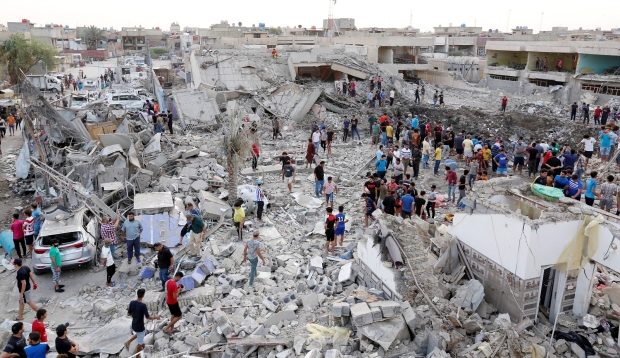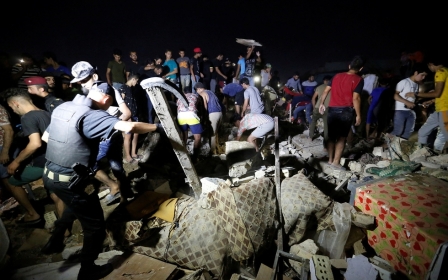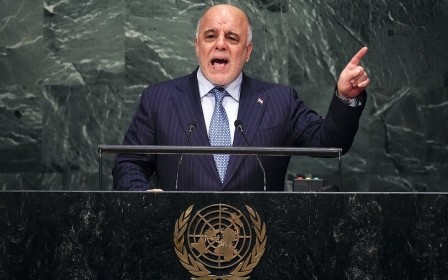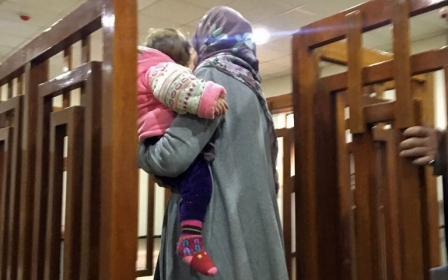Iraqi cleric Moqtada al-Sadr announces disarmament initiative
Iraqi cleric Moqtada al-Sadr on Friday called for a nationwide disarmament campaign and announced his Baghdad stronghold would be first to hand in weaponry, just two days after an ammunition cache exploded there and killed 18 people.
Sadr, whose political bloc won Iraq's parliamentary election in May, called on all armed groups to give their weapons to the government and declared that Baghdad's Sadr City district would be a weapons-free area later this month.
"Everyone must obey the orders and not stand in the way of this initiative. Everyone should hand over their weapons without any discussion because the blood of Iraqis is more valuable to us than anything else," he told his supporters in a statement.
The move appeared to be aimed at easing tensions between Sadr and the government.
At least 18 people were killed and more than 90 wounded as a result of the detonation of an ammunition cache in Sadr City just hours after parliament mandated a nationwide recount of votes for the May election, a measure rejected by Sadr's bloc.
Sadr had urged his followers to remain calm after the explosion and ordered his office to investigate the incident.
Prime Minister Haider al-Abadi, whose bloc came in third, said storing ammunition in a residential area was a crime and ordered the Interior Ministry to investigate the incident and take legal action against those who had done so.
The Interior Ministry released a statement on Friday thanking Sadr for his announcement.
Sadr, a nationalist who opposes the involvement of both the United States and Iran, scored a surprise victory in the 12 May vote by promising to fight corruption and improve services.
Parliament passed a law on Wednesday ordering a nationwide manual recount of votes in the election, after Abadi cited serious violations.
The move could undermine Sadr, who in the past has mobilised tens of thousands of followers to protest against government policies. One of his top aides expressed concerns that some parties were trying to sabotage the cleric's victory.
Sadr has been viewed as a wildcard in Iraq's turbulent politics, which is often driven by sectarian interests.
His militia, previously known as the Mehdi Army, staged two violent uprisings against US occupation forces after the invasion. Iraqi and US officials described him at the time as the biggest security threat in Iraq.
He stressed on Friday that the disarmament campaign should be directed at all armed groups and warned that his followers must not be its sole target.
"The Sadrist bloc must not be targeted using this initiative or else there will be negative consequences," Sadr said.
"It must also be enacted upon official security forces that use weapons without permission or mercy; these forces are still young and need rehabilitation," he said, referring to the mostly Iran-backed militias collectively known as Popular Mobilisation Units (PMU), which played a major role in defeating the Islamic State (IS) group.
Middle East Eye propose une couverture et une analyse indépendantes et incomparables du Moyen-Orient, de l’Afrique du Nord et d’autres régions du monde. Pour en savoir plus sur la reprise de ce contenu et les frais qui s’appliquent, veuillez remplir ce formulaire [en anglais]. Pour en savoir plus sur MEE, cliquez ici [en anglais].





